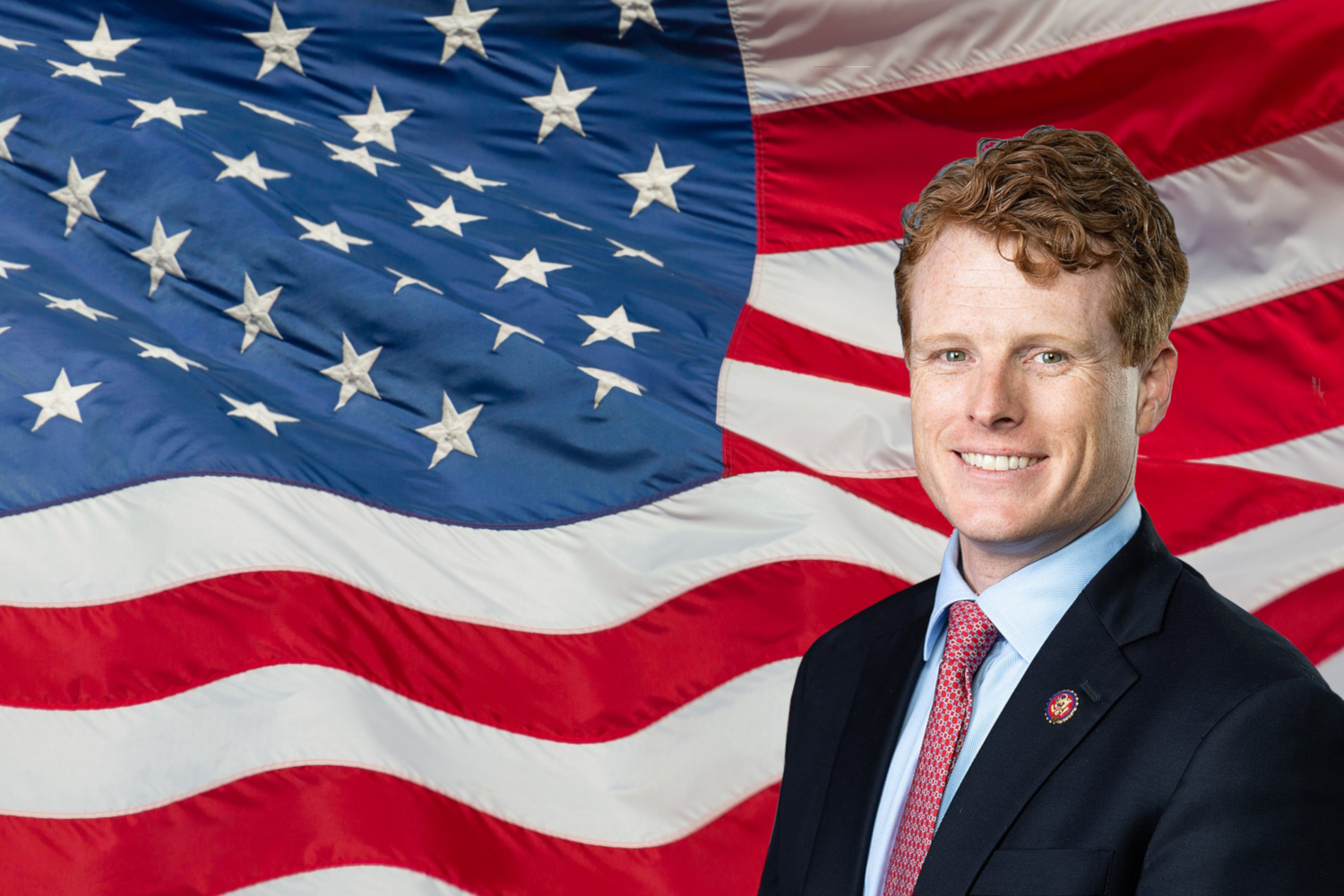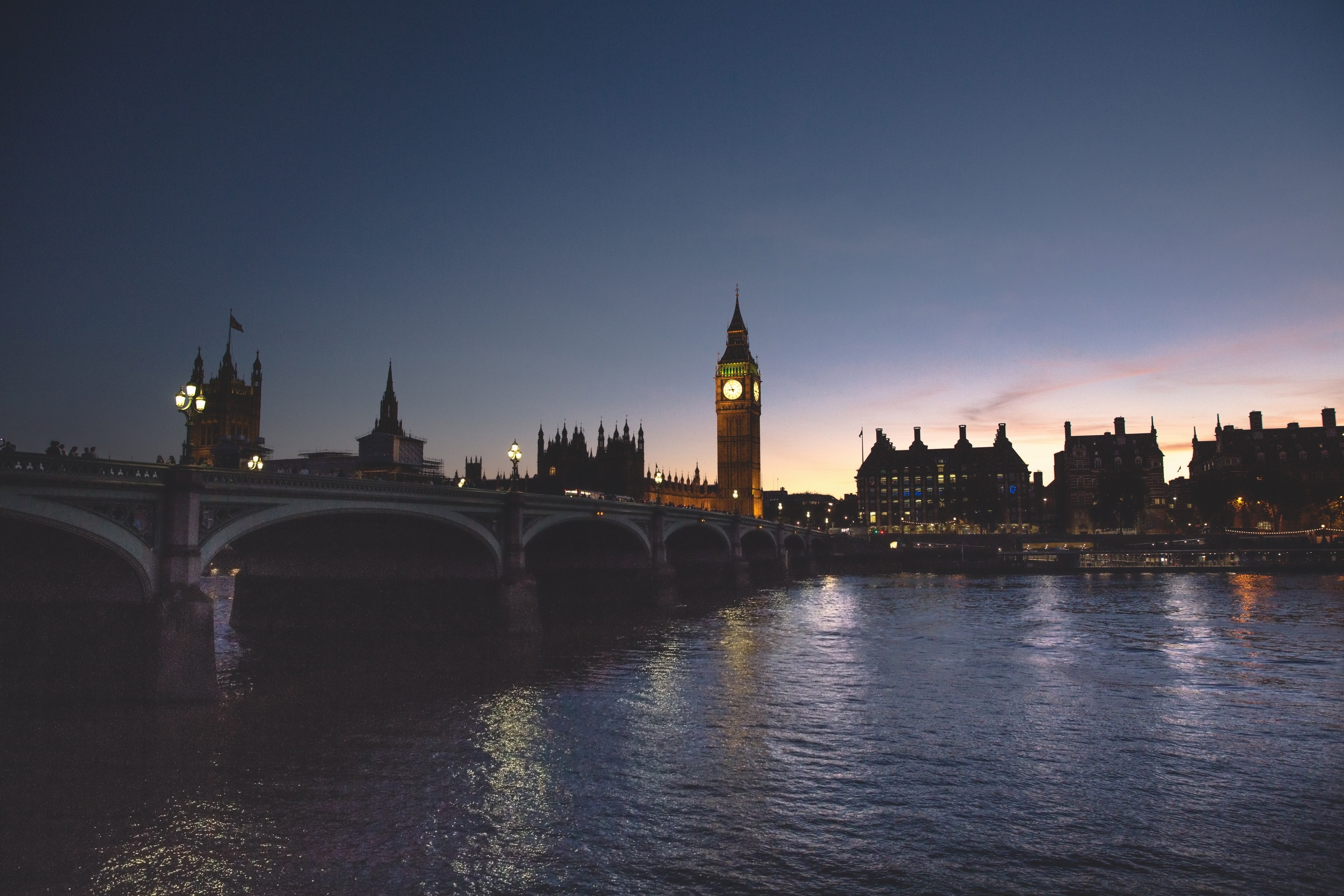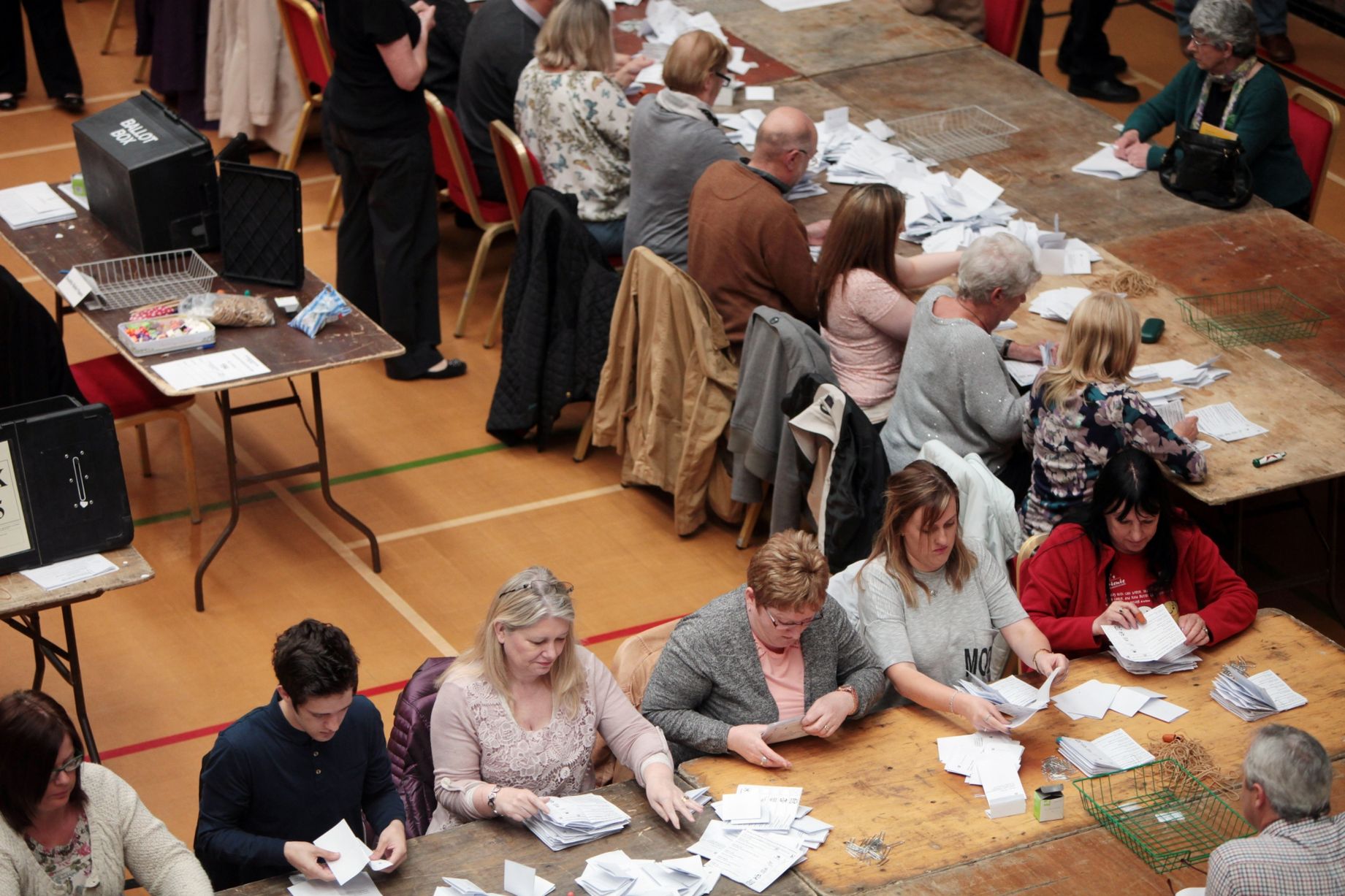On 1st September, registered Democrats in the state of Massachusetts will vote to select their candidate for the junior United States Senate seat for their state. The two candidates are Rep. Joe Kennedy III and incumbent Senator Edward Markey. It would be easy to think that Kennedy is riding on his family’s name and that he thinks he deserves the Senate seat because he is a member of the establishment.
This rather nebulous concept is one that Senator Markey, while not explicitly saying it in his campaign, has subtly used in speeches across the state and his recent TV ad, effectively utilising his background to paint himself as a man of the people. Yet, the problem with this painting of Kennedy as a member of an out of touch elite who has the establishment on his side not only misunderstands the dynamic in the campaign but also the political history of the Kennedy family.
Indeed, by challenging Edward Markey, Kennedy is in fact following in the footsteps of not just his grandfather but the rest of the Kennedys who throughout their career challenged the establishment of their country and party.
Some may be scornful of the idea that the family that produced three Senators and a President is somehow outside the establishment. Certainly, in terms of wealth the Kennedy family were part of the economic elite of America. They did not suffer terribly even during The Great Depression – Jack Kennedy once remarked that he didn’t know about the Great Depression until he reached Harvard, though this was likely a somewhat facetious remark. Yet, despite their great wealth, the Kennedys were always political outsiders.
This was not simply due to a matter of prejudice; anti-Irish and anti-Catholic bigotry certainly stalked the family for decades. It was in fact a matter of political opinion. Though Senator Edward Kennedy and his brother Bobby, Joe Kennedy III’s grandfather, are often thought of as archetypal liberals this belies the true Kennedy political formula. JFK perhaps put it best when he remarked he was a pragmatic idealist and this mixture of pragmatic bipartisanship mixed with a belief in the human spirit helped make the Kennedys one of America’s most effective political dynasties.
Whether it be President Kennedy’s control of steel prices through executive ire combined with tax cuts or Ted Kennedy’s support for both universal healthcare and a properly funded military, the Kennedy political doctrine was not boxed into any real ideological box. Whilst this helped their popularity at a national level, it greatly annoyed the establishment of the Democratic Party. In 1948, JFK annoyed the Irish political class of Boston by running for a seat in the House of Representatives they felt shouldn’t be his. Kennedy won the seat and it would help launch his career, but he did this without fully embracing the Boston politicos.
In 1960, the elite of the Democratic Party included former First Lady Eleanor Roosevelt, who attempted to stop Kennedy getting the nomination despite his winning the primary elections to install former nominee Adlai Stevenson. It didn’t matter that Stevenson hadn’t bothered to put his name forward beforehand or that he had lost the past two Presidential elections, he was considered a more acceptable choice than Kennedy for Roosevelt and other members of the Democratic Party’s elite. That Kennedy became the nominee was because of his support amongst grassroots delegates who nominated him rather than allow Stevenson to lead them to another defeat.
The same story repeats itself during the Presidential campaigns of JFK’s two brothers in 1968 and 1980. Robert Kennedy’s entrance into the Democratic primaries in 1968 was to the dismay of President Johnson and the leader of the anti-Vietnam movement Senator Eugene McCarthy – again the establishment of the Democratic Party pushed back against Kennedy’s unconventional yet highly popular campaign. Like his brother, Robert Kennedy did not conform to an ideological mould, which allowed his campaign to become a unifying force in the tumultuous ’68 election. He was robbed of his chance to bring this message to the White House by his untimely death and instead of allowing the delegates to nominate a candidate based on the primary results, the establishment of the Democratic Party decided Johnson’s VP Hubert Humphrey should be their candidate. He lost to Richard Nixon.
The same thing happened in 1980 when Senator Edward Kennedy challenged President Carter to be the Democratic nominee for President. Carter was seen by many in the grassroots of the Democrats as having betrayed them by not implementing his campaign promises such as health care and broader economic reform. Carter was himself somewhat of an outsider when he entered the 1976 race for the Presidency but members of the Democratic elite supported Carter in 1980 because narratively it was thought to help the Republicans if a sitting President was not the nominee of his party going into an election. Kennedy’s failure was partly due to this but also some bungling on his part during the latter half of the campaign when he gave an overly complex response to the question of why he wanted to be President.
It thus makes sense for Joe Kennedy to challenge Edward Markey, not simply because his argument for renewal is a sound one but because it follows the Kennedy tradition of acting independently of what the senior members of their party think. Political elites in any democratic institution don’t like people who grasp an opportunity where they see it. This is why most of the Democratic establishment have endorsed Markey. One of politics’ greatest troubles is that it gives itself illusions of grandeur; that one must climb slowly up the hierarchy and take their turn to become a leader. But people who define history don’t do that – Jack Kennedy didn’t wait his turn in 1960 nor did Bill Clinton in 1992 or Barack Obama in 2008.
So, to insist that Rep. Kennedy wait his turn as some in the Democratic Party have suggested is patronising and naïve. Both Kennedy and Markey are engaging candidates who have both done a lot of good and would both be excellent Senators for Massachusetts. But let’s not try and frame this as a battle between an elite and a common man as it misunderstands history and belittles this contest.

Will Barber Taylor
Will is a writer and member of the Labour Party. He is passionate about local communities and progressive politics that can help people. He is reading History at the University of Warwick and is working on a short book on Philip Snowden.




